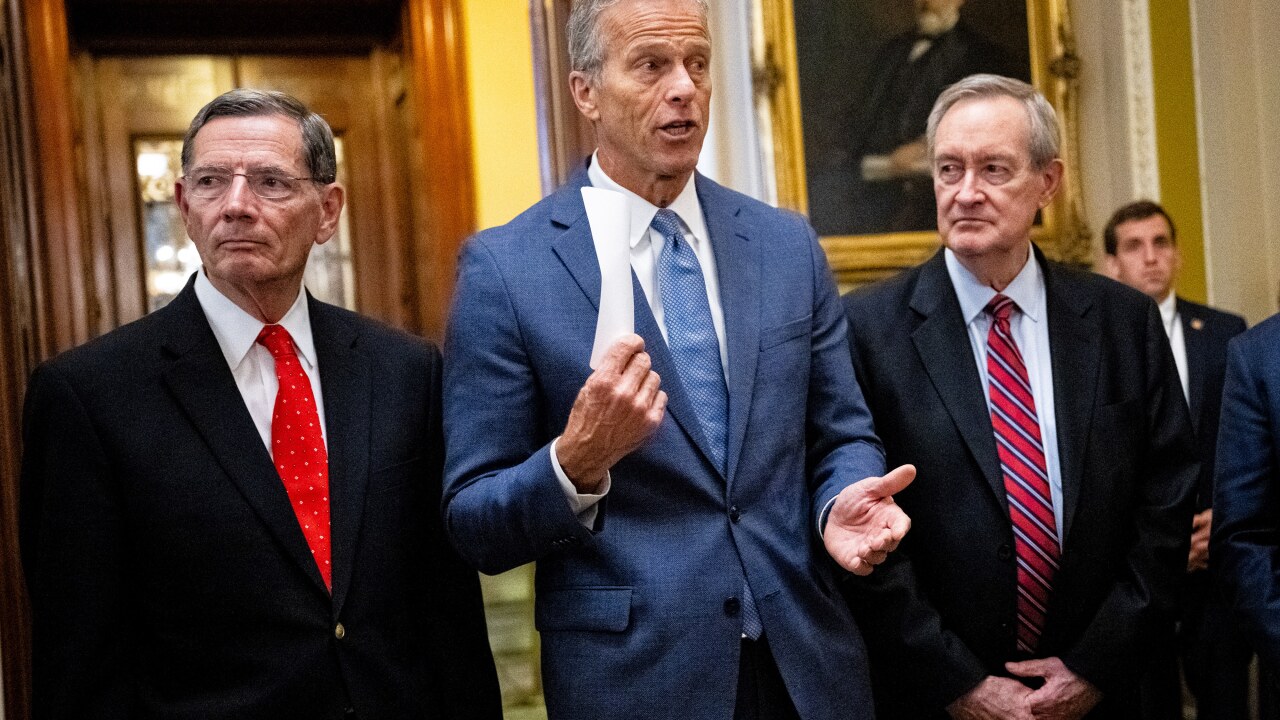To the Editor:
Reading my old friend Karen Shaw Petrou's Viewpoint piece, "
Karen explains that Basel II is not to blame because it was not really fully in effect at the time, other than in Europe in 2007. However, she explains that, where it was in effect, it ensured that banks held small amounts of capital based on recently experienced economic growth, just as the economic cycle turned, leaving them undercapitalized for the downturn. The procyclical effect of Basel II has been a basis for consistent criticism of [it] for many years, but the criticism has not been heeded.
Lockhart, wisely, I think, counsels countercyclicality and seems proud of the countercyclical policies being explored at the FHFA to govern the government-sponsored enterprises. The three ideas he mentions would arguably seem to have sensible application to the banking industry and would avoid the procyclical flaw in Basel II.
First, he mentions that capital requirements could be increased as prices exceed long-run price trends. In the GSE context, he is talking about housing prices, and certainly tying bank capital requirements to housing prices would have served all of us in good stead in recent years.
The problem would be identifying where the next bubble will occur and monitoring price trends for different items in order to do so.
Second, he mentions requiring firms to issue "contingent capital notes" that would convert to common equity when a bank's capital drops below a specified level, a sort of preprogrammed restructuring. Such a requirement would certainly encourage market discipline.
Finally, he suggests requiring firms to buy insurance against catastrophic losses, sort of a way of prefunding losses. Of course, such insurance would only be as good as the strength of the insurance company issuer. However, it would be, again, not only a countercyclical measure but also a means of bringing more market discipline.
Any of Lockhart's countercyclicality ideas would be safer and sounder than the procyclicality that Karen points out Basel II mandates.
Thank you for the editorial foresight of publishing these two Viewpoints together.
Julius L. Loeser
Special counsel
Cadwalader, Wickersham & Taft LLP
New York





